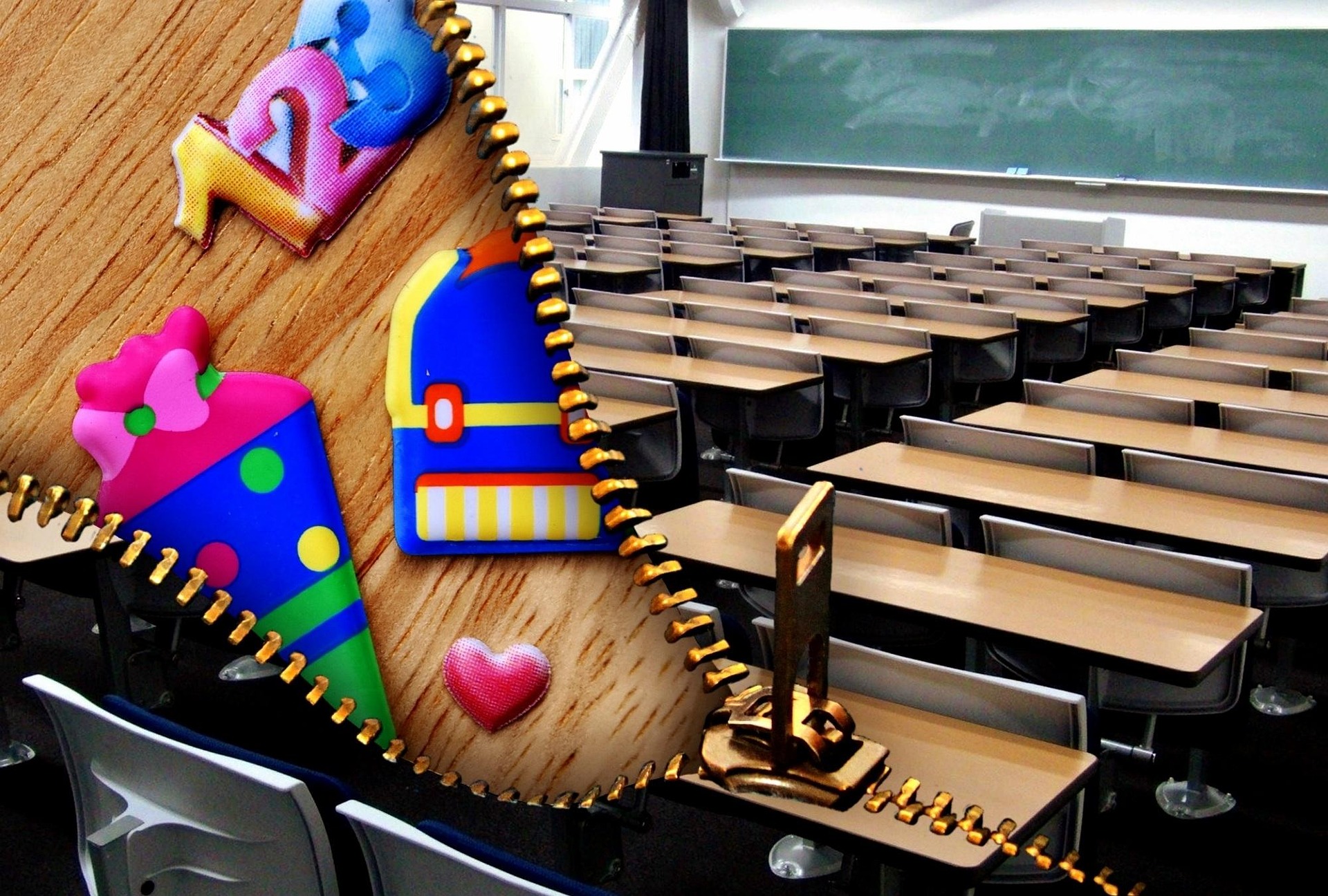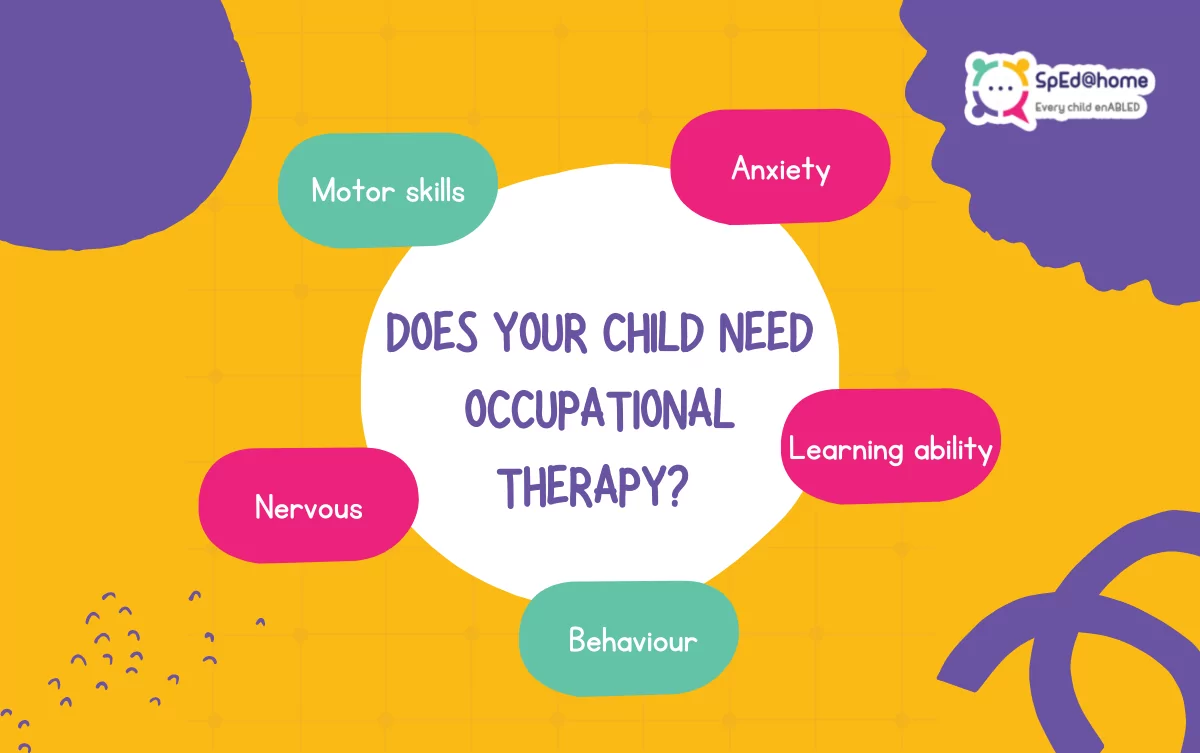Behavioral Assessment for Kids: Understanding Emotions and Actions
Children often express their feelings through actions. While some behaviors are typical for their age, others may signal challenges that affect learning, friendships, or daily life. A behavioral assessment for kids helps parents and teachers understand the reasons behind certain actions and guides them toward effective support.
What is a Behavioral Assessment?
A behavioral assessment is a structured evaluation that looks at how a child behaves in different settings— home, school, or social environments. It helps identify patterns of actions, emotions, and responses that may point to developmental, emotional, or behavioral concerns.
Specialists such as child psychologists, behavior analysts, or pediatricians often conduct these assessments to better understand why a child behaves the way they do.
Why is it Important?
Children with behavioral challenges may experience:
- Difficulty focusing in class.
- Frequent emotional outbursts or aggression.
- Struggles in making and keeping friends.
- Withdrawal or avoidance of social interaction.
Without support, these behaviors can affect academic performance, confidence, and family relationships. A behavioral assessment provides clarity and direction, helping families and schools address concerns early.
Signs a Child May Need a Behavioral Assessment
Parents and teachers may notice:
- Extreme tantrums beyond typical age behavior.
- Aggressive actions toward peers or self.
- Difficulty paying attention or staying still.
- Anxiety, sadness, or withdrawal from activities.
- Trouble adjusting to routines or transitions.
While occasional misbehavior is normal, consistent or severe issues may indicate the need for an assessment.
How is the Assessment Conducted?
A behavioral assessment often includes:
- Parent and teacher interviews – Gathering observations from different settings.
- Behavior rating scales – Structured questionnaires that measure frequency and severity of behaviors.
- Direct observation – Watching the child during play, learning, or social activities.
- Functional analysis – Identifying triggers and outcomes of specific behaviors.
- Report and recommendations – Outlining strategies, therapies, or interventions.
Benefits of a Behavioral Assessment
- Understanding the root causes of behaviors, rather than only addressing the surface.
- Tailored interventions, such as behavior therapy, counseling, or social skills training.
- Support for parents and teachers with strategies to manage behavior at home and school.
- Improved outcomes as children learn healthier ways to express emotions and interact with others.
Supporting Children After the Assessment
Once results are shared, specialists may recommend:
- Behavior therapy sessions.
- Parent training programs.
- Classroom accommodations.
- Counseling or play therapy.
The aim is to help children manage emotions, develop coping skills, and build positive relationships.
Final Thoughts
A behavioral assessment for kids is not about labeling a child but about understanding their world. By identifying triggers and patterns, parents and teachers can provide the right support to help children grow emotionally, socially, and academically.


